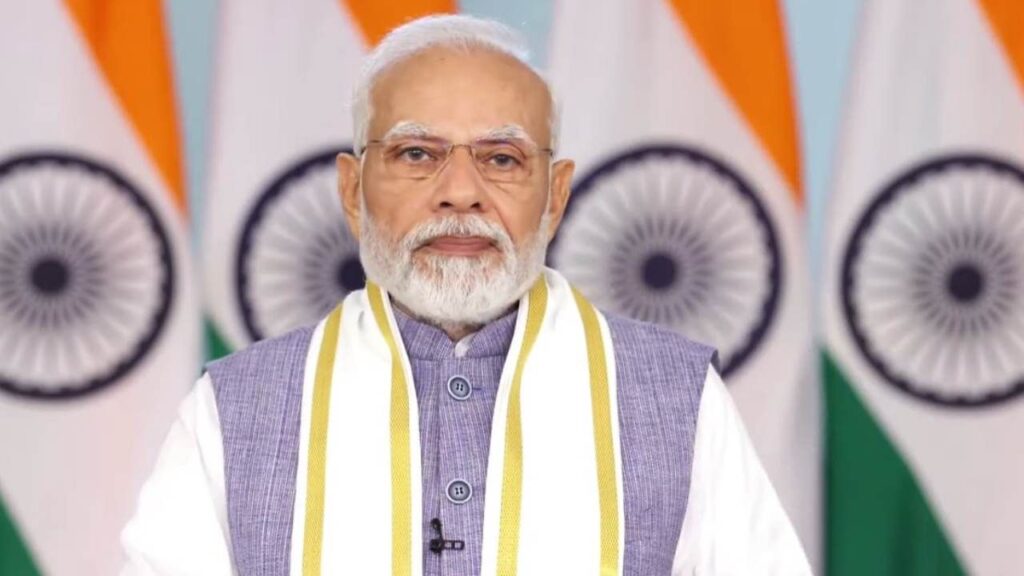Prime Minister Modi Chairs PRAGATI Meeting to Review Major Projects
On his third term’s first meeting, Prime Minister Narendra Modi presided over the 44th PRAGATI (Pro-Active Governance And Timely Implementation) meeting. This platform integrates both central and state governments, ensuring proactive governance through an ICT-based multi-modal approach. During this meeting, PM Modi reviewed seven significant projects spread across 11 states and union territories, with a total estimated cost of ₹76,500 crores.
Impact of Project Delays
During the discussions, Prime Minister Modi emphasized the adverse effects of project delays—not only do they escalate costs, but they also deprive the public of the benefits these projects intend to provide. He stated that the “One Tree for Every Mother” campaign could significantly help in environmental conservation alongside development projects. The Prime Minister also reviewed the AMRUT (Atal Mission for Rejuvenation and Urban Transformation) 2.0 initiative, advising chief secretaries to personally monitor the ongoing work under this scheme.
Focus on Urban Development and Future Needs
In his recommendations, PM Modi urged states to craft urban development plans considering the development capacity and future requirements of cities. He highlighted the importance of reviewing public grievances associated with the Jal Jeevan Mission and emphasized the necessity of continuing efforts related to the Amrit Sarovar program for sustainable water resources.
Review of Jal Jeevan Mission
During the discussion, the Prime Minister conducted a review of the Jal Jeevan Mission and grievances related to AMRUT 2.0. These initiatives aim to address water-related challenges in both urban and rural settings. PM Modi stressed that access to clean water is a fundamental human need, and it is imperative for state governments to ensure high-quality redressal of complaints at both district and state levels.
Significance of Maintenance and Local Involvement
The success of water supply projects heavily depends on robust operation and maintenance mechanisms. PM Modi suggested involving women’s self-help groups wherever feasible and emphasized the need to empower youth for such operational tasks. He reiterated the importance of conducting district-level water resource surveys and stressed the importance of source sustainability.
Monitoring AMRUT 2.0 Initiatives
PM Modi advised chief secretaries to closely oversee the progress of projects under AMRUT 2.0. He urged states to develop plans that cater to both urban villages and cities, recognizing that these areas will increasingly be absorbed into urban limits over time. Given the rapid urbanization in the country, he pointed out the urgent need for improvements in urban management, comprehensive urban planning, urban transportation strategies, and municipal financing.
Addressing Energy Needs in Urban Areas
In response to the growing energy demands of cities, the Prime Minister highlighted initiatives like the PM Surya Yojana, which provides free electricity to households. He reminded the chief secretaries that discussions covering various aspects of urbanization and water supply had taken place at the chief secretaries’ conference, and it is critical for them to independently review the commitments made during those discussions.
Mission Amrit Sarovar: Enabling Community Participation
The Prime Minister urged government officials to persist in their efforts surrounding the Mission Amrit Sarovar program. He articulated that it is crucial to maintain the catchment areas of these water bodies, ensuring that local village committees are actively involved in the necessary dredging of these water bodies as required.
